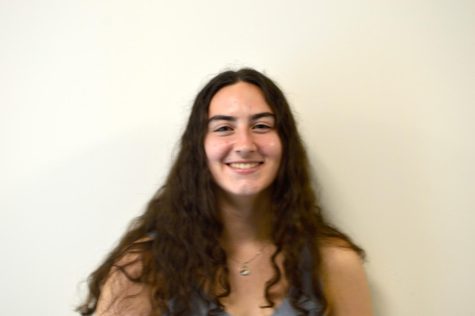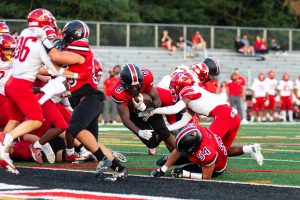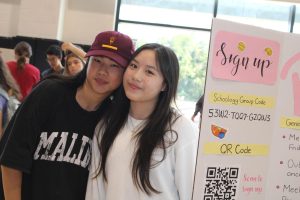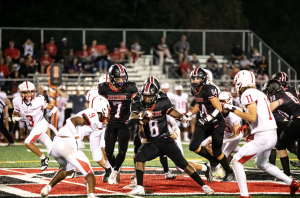Meridian introduces new IB Digital Societies course
October 21, 2022
This school year, Meridian’s program of studies features just one new course: IB Digital Societies SL. Although taught by Meridian’s computer science teacher Mr. Snyder, the class is categorized by IB as an Individuals and Societies class and has a focus on ethics. This year’s class features a small group of just nine seniors who meet almost every day during Block 3.
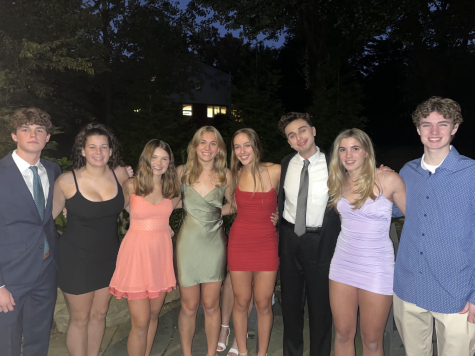
IB updates its courses on a seven-year cycle to meet new standards. Each year, select courses are reviewed and given new syllabi and exams until a seven-year cycle is completed and the next one begins. This year, IB Digitial Societies is one of the new additions.
Digital Societies is actually the revamped version of an outdated course called IB Information Technology in a Global Society, which began in 2010. As the world has rapidly adapted to innovations in technology, IB has expanded this course to include more modern applications. It has an emphasis on technology’s effects on communities and individuals.
Senior Erin Tarpgaard said, “Mr. Snyder always describes the class by saying ‘if computer science is about how humans influence computers, Digital Societies focuses on how computers influence the human world.'”
This is the first year IB and Meridian have offered the class, so it’s starting out small with only nine students. According to Senior Joe Donovan, this allows for “a lot of discussion-based content. [Mr. Snyder] leaves it up to us to decide where we want to go with the class.”
The class is described as “laid-back,” “fun,” and “informative” by Donovan, with content that is always up for each student’s different interpretation. The class combines aspects of a humanities class with a computer science class, meaning that it can appeal to different types of students.
Since this is the first year that the two-year course is offered, the students do not take an IB exam and may not use the class to meet their IB Diploma requirements. However, after this year IB Diploma students are able to use the class to fulfill requirements for their Group 3 course. This means the class can replace an IB History or other social studies course.
Donovan had only good things to say about the class and ended with a recommendation to other students. He said, “if you’re into computers then I would definitely say take [IB Digital Societies], because it’s important to know what effect they are having on our society.”



